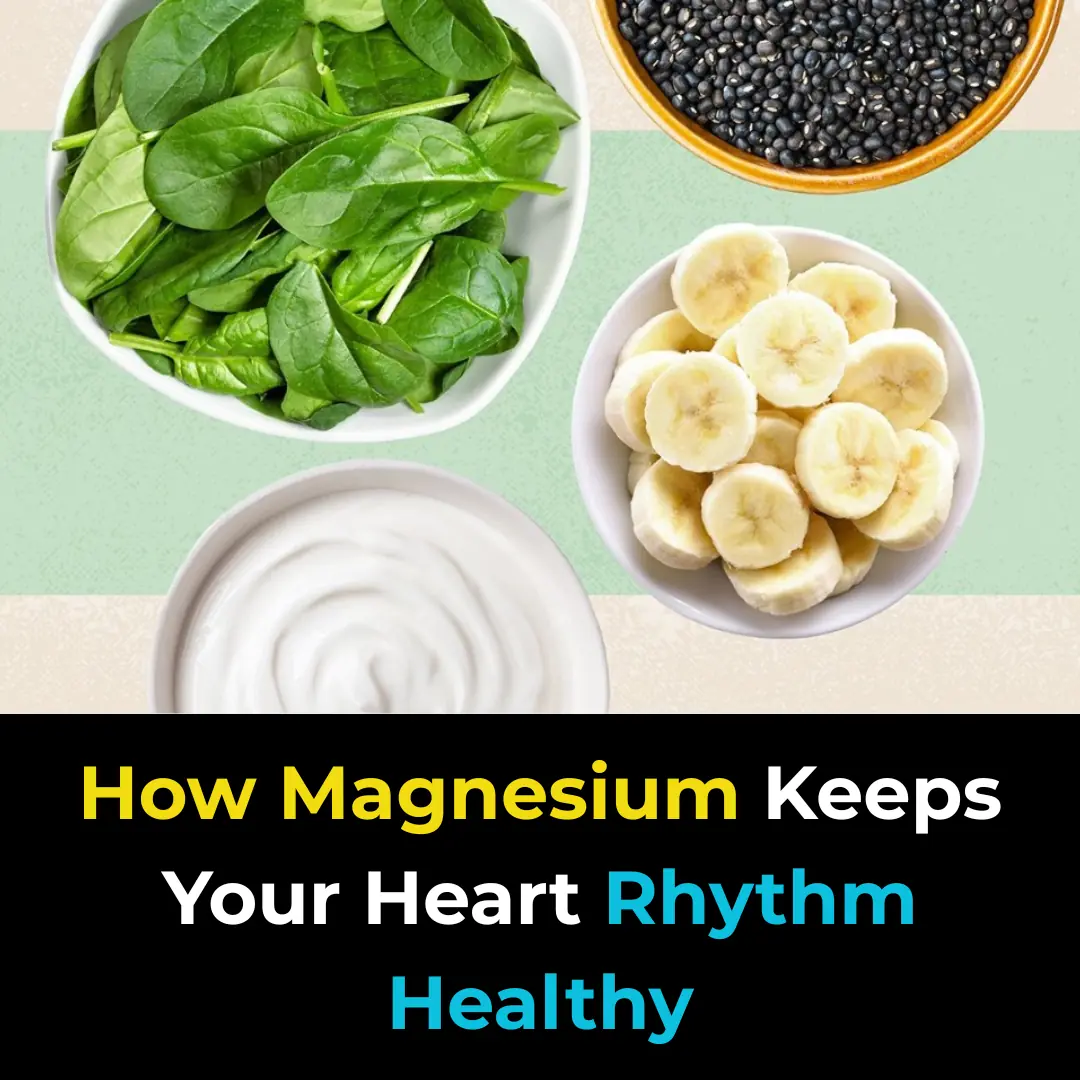
Signs Your Cortisol Is Dangerously High
Signs Your Cortisol Is Dangerously High
Cortisol is your body's primary stress hormone, essential for regulating metabolism, blood pressure, and your fight-or-flight response.
If you’re doing all the right things—eating well, sleeping enough, and exercising—but still feeling "off," high cortisol could be the hidden reason.
Here are ten red flags of high cortisol and what you can do to bring your body back into balance.
10 Signs of High Cortisol
-
Stubborn Belly Fat: High cortisol instructs your body to store fat around your midsection, creating a "stress belly" that is resistant to diet and exercise.
This type of fat is strongly linked to insulin resistance. -
Constant Fatigue: High cortisol disrupts your circadian rhythm, leaving you feeling exhausted when you wake up and "tired but wired" at night.
-
Intense Cravings: Cortisol can cause blood sugar dips, triggering strong cravings for sugar and carbohydrates, often leading to overeating and weight gain.
-
Brain Fog and Memory Issues: Chronically elevated cortisol can shrink the hippocampus, a part of the brain responsible for memory and focus.
-
Weakened Immune System: If you find yourself getting sick more often or taking longer to recover, it could be a sign of high cortisol, which suppresses immune function.
-
Mood Swings and Anxiety: High cortisol lowers serotonin levels, contributing to irritability, anxiety, and feelings of depression.
-
High Blood Pressure: Cortisol constricts blood vessels, which can lead to hypertension and put extra strain on your heart, even if you are otherwise healthy.
-
Digestive Problems: Stress slows down digestion, causing symptoms like bloating, constipation, or diarrhea and can be a factor in conditions like IBS.
-
Hormonal Imbalances: High cortisol can interfere with sex hormones and thyroid function, leading to issues such as low libido, irregular periods, or worsened PMS symptoms.
-
Muscle Weakness and Joint Pain: The hormone can break down muscle tissue and increase inflammation, causing muscle weakness and general joint discomfort.
:max_bytes(150000):strip_icc()/Health-GettyImages-FoodsThatReduceCortisol-9997afbe6ac44384aaa8847d669c0608.jpg)
How to Lower Cortisol Naturally
The good news is that high cortisol is often reversible through simple, consistent lifestyle changes.
-
Prioritize Quality Sleep: Aim for 7-9 hours of sleep every night and stick to a consistent sleep schedule, even on weekends.
-
Practice Daily Stress Reduction: Incorporate calming activities into your routine. This could be as simple as deep breathing exercises, a 5-minute meditation, or a quiet walk in nature.
-
Optimize Your Nutrition: Stabilize your blood sugar by including protein with every meal.
Cut back on processed foods, sugar, and excessive caffeine, and increase your intake of Omega-3s from sources like fatty fish or chia seeds. -
Consider Adaptogenic Herbs: Certain herbs can help your body manage stress.
Ashwagandha, rhodiola rosea, and holy basil are known to support the adrenal system and reduce cortisol. -
Exercise Smarter: While exercise is crucial, excessive cardio can sometimes spike cortisol.
Focus instead on strength training, gentle movement like walking or cycling, and short, intense workouts (HIIT) that last no more than 20-30 minutes, 2-3 times a week.
High cortisol can quietly damage your body, but you have the power to bring it back into balance. By starting with better sleep, stress management, and a nutrient-dense diet, you can support your body's natural systems and protect your long-term health.
News in the same category


Why Do I Cough When Taking a Deep Breath?

Taking the Stairs Could Help You Live Longer

Purple Veins on Your Legs: When to Worry

The Sleep Saboteur: The One Thing You Should Never Do When You Wake Up at Night

Nightly Habits That Could Increase Your Risk of Stroke
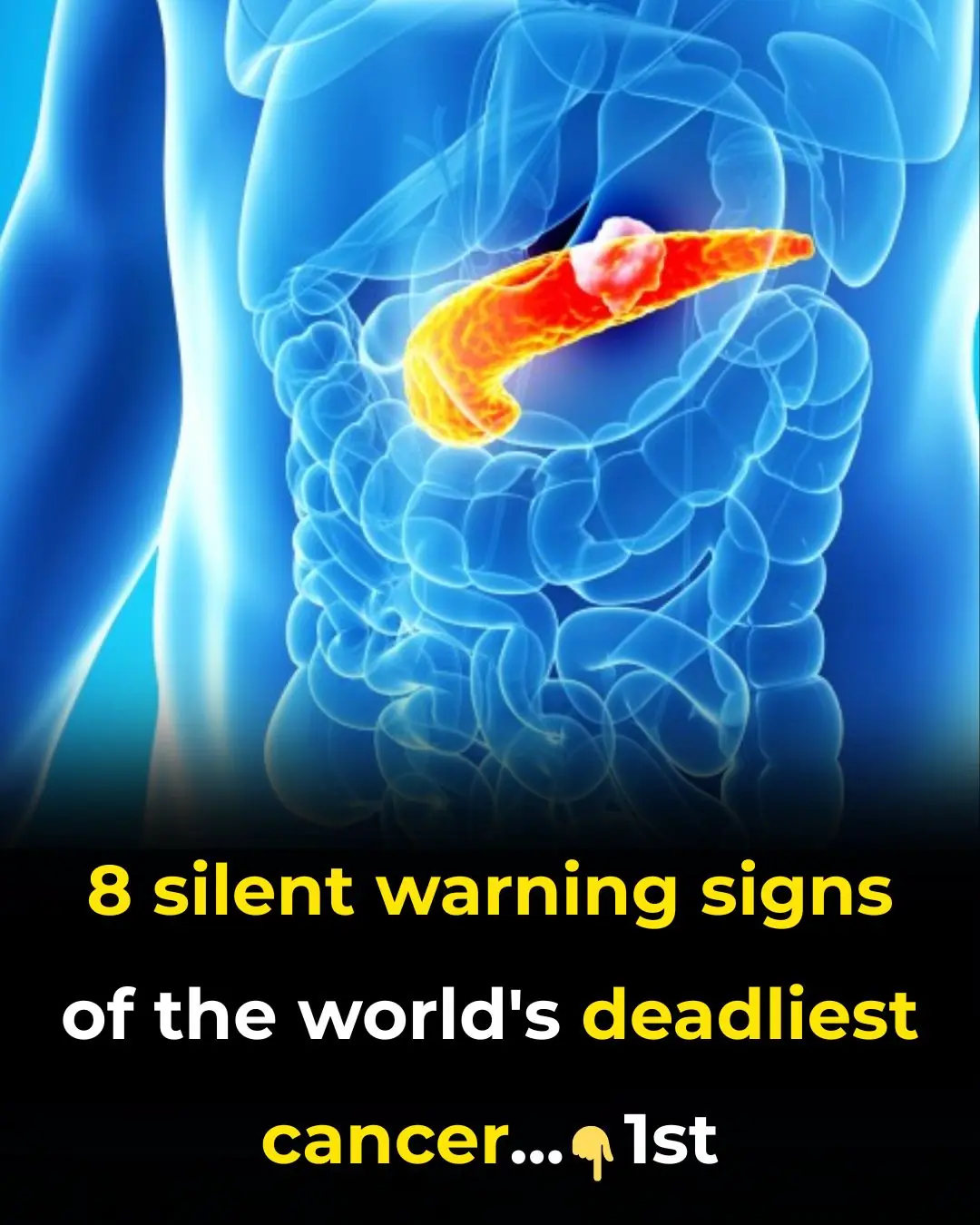
World’s deadliest cancer: 8 early warning signs every older adult should know
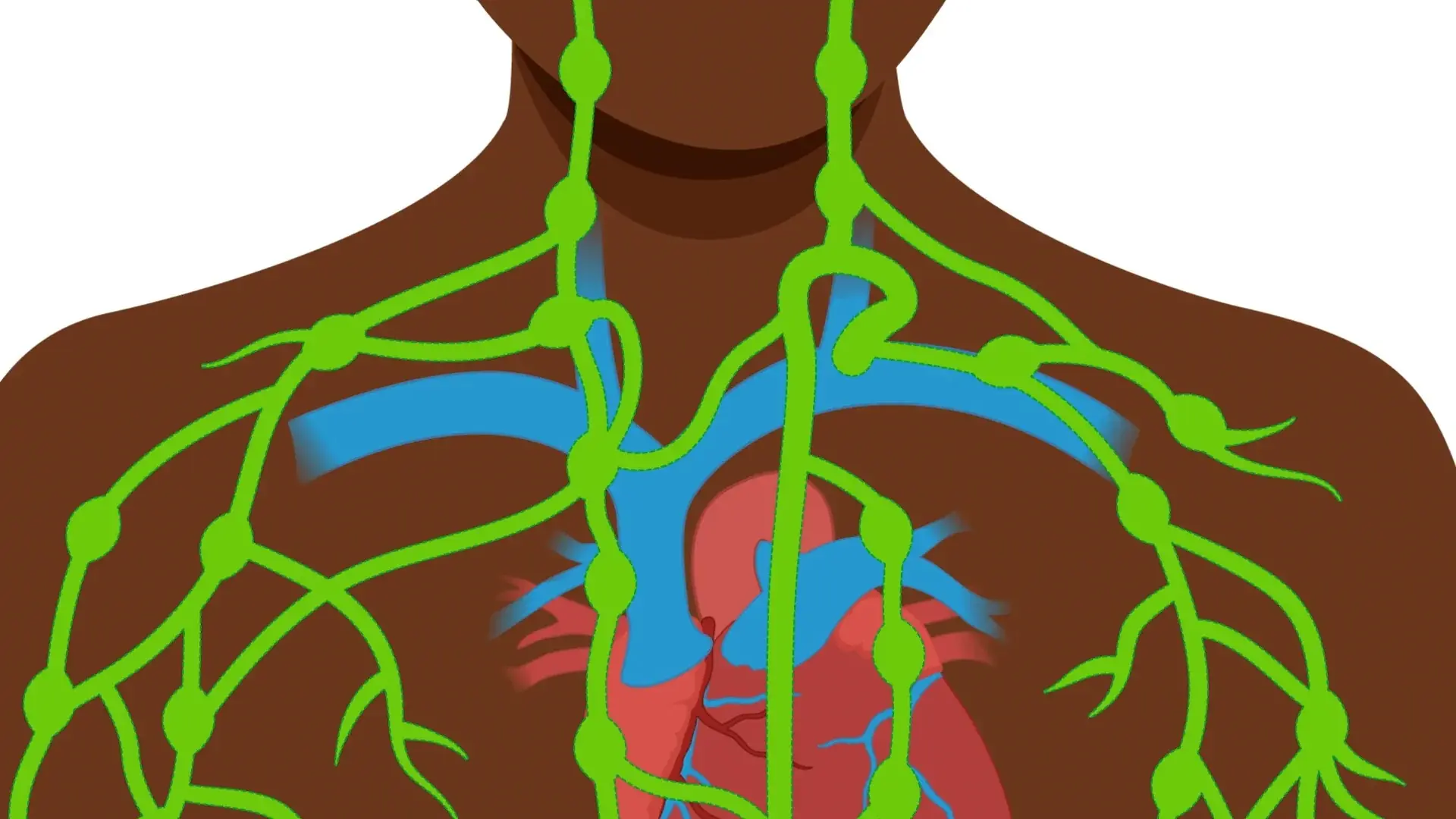
The Fastest Natural Way to Cleanse Your Lymphatic System That No One Talks About

5 Potential Risks of Eating Avocados You Should Know

Top Essential Oils That Instantly Ease Pain and Inflammation

These Are the Early Warning Signs of Diabetes No One Talks About
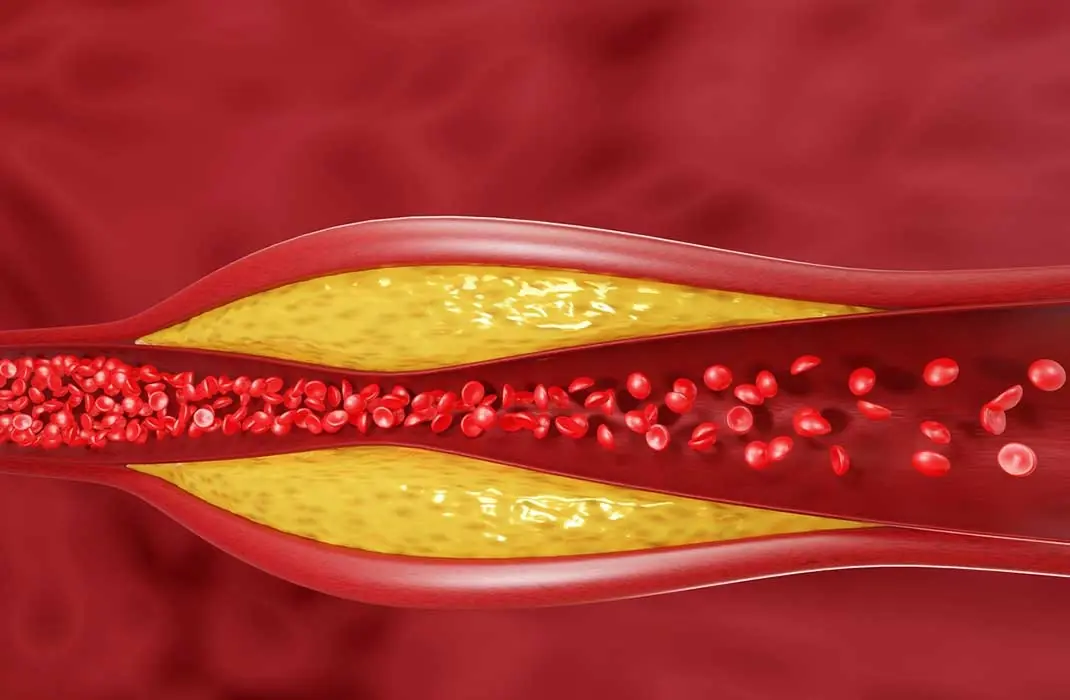
Cholesterol Meds Linked With Heart Attacks, Fast Aging And Brain Damage. Eat These Foods Instead

Food Suddenly Tastes Different? Here’s What Your Body’s Trying to Tell You

12 Common Foot Problems and How to Manage Them

Is Your Gel Manicure To:xic?

Understanding Eye Floaters: Causes and When to Seek Help

9 Convincing Reasons to Consume More Dates

Early-Stage Cancer May Not Hurt at First, But If You Notice These 8 Signs When Using the Bathroom, See a Doctor Immediately: Don’t Be Negligent
News Post

5 Delicious Eating Habits That Put the Whole Family at Risk of C:ancer – Extremely Dangerous and Should Be Avoided Immediately

Be careful — one single action at the airport could ruin your en:tire life.

Condolences to those who are using these 4 types of electric kettles: Throw them away while you still can, thousands of people have already developed c:ancer.

How Magnesium Keeps Your Heart Rhythm Healthy

Why Do I Cough When Taking a Deep Breath?

Taking the Stairs Could Help You Live Longer

Purple Veins on Your Legs: When to Worry

Man develops 'pork worms' in his brain after years of doing this specific cooking habit

Woman who d::ied for 24 minutes before being brought back to life details exactly how it felt

The Sleep Saboteur: The One Thing You Should Never Do When You Wake Up at Night

Nightly Habits That Could Increase Your Risk of Stroke
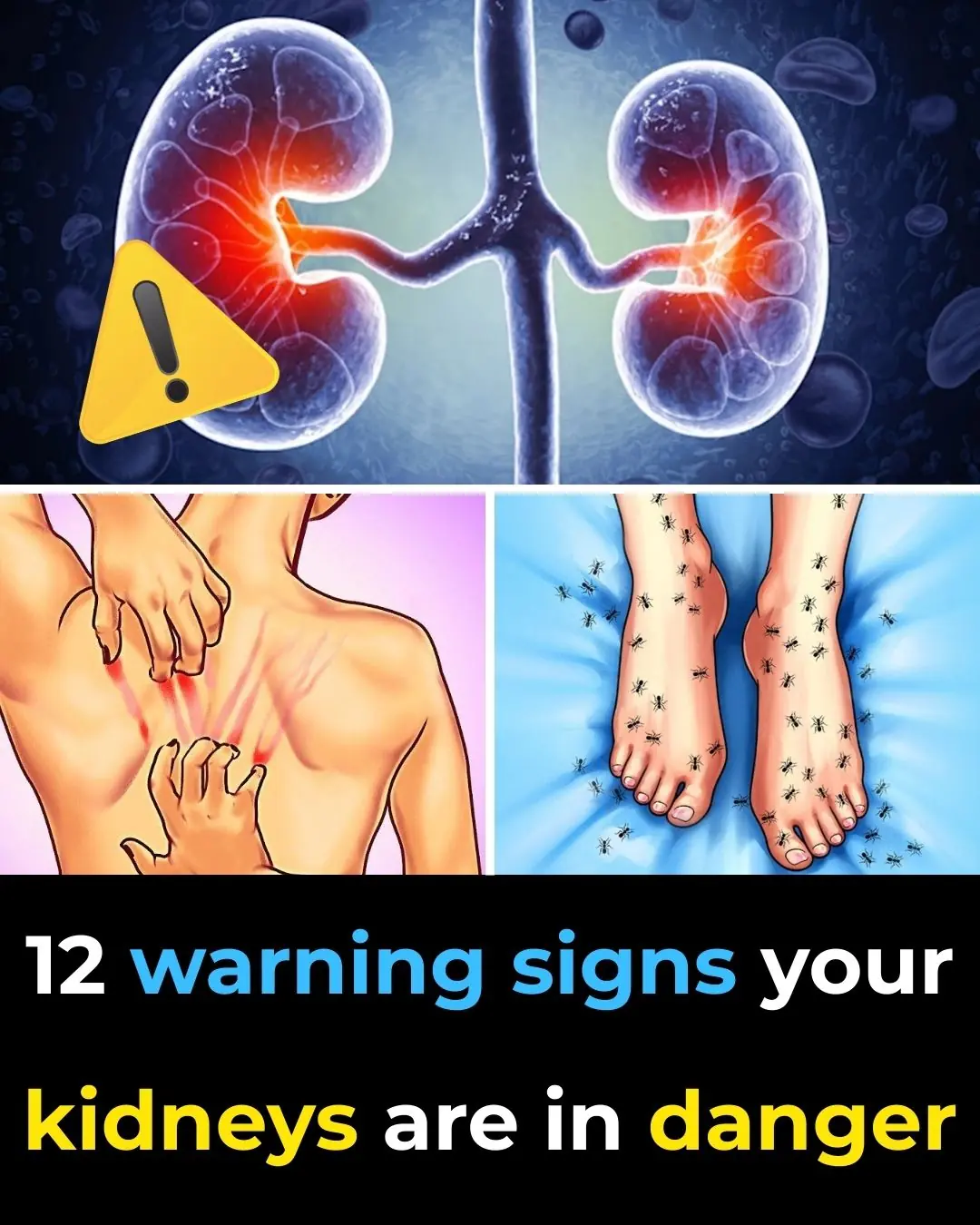
🚨 ALERT! 7 Strange Signs Your Kidneys Are Crying for Help

Vitamin E Oil uses for Skin – Glowing Skin, Dark Circles & Wrinkles

DIY Aloevera ice cubes to Remove Dark Spots & Clear Skin | Aloevera Benefits for Skin

Tips for pickling white eggplants that are crispy, do not turn black, and do not form scum when left for a long time

11 Secret Baking Soda Tricks for Women That Will Change Your Life!

Mattresses used for a long time are dirty and smelly, sprinkle this on the surface, no need to wash with water, it will be clean as new

‘Healthy Man’ Diagnosed With Cancer After Noticing Dog’s Bizarre Behavior Around Him
